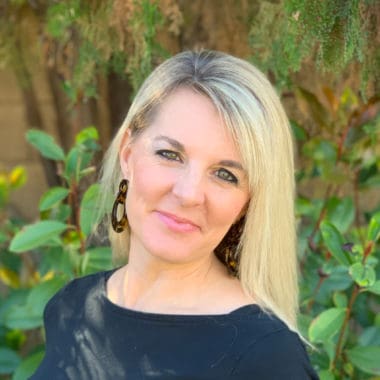This Present Paradise
A Series of Reflections on St. Elizabeth of the Trinity
(Read part 5 here)
The formal preparation for Elizabeth’s First Holy Communion would take four years—long by our current standards, but a sign that it was certainly taken seriously. These were years of not only catechism classes and guidance from her devout mother but her own self-denial and mortification of her angry, stubborn tendencies.
When the day finally arrived, it would leave a mark on her soul forever, a signature written with a flourish in indelible ink: Jesus. Her mother noticed at the First Communion Mass that Elizabeth’s tears “didn’t stop flowing.” The gift of tears after each Communion would continue for a long time afterward.
In a child’s single look
fixed on a gentle Host
I met the heavenly Father
looking at me with love.
My eyes
like some discovered flower
trembled before this gaze
in which the world was seen,
His glory beyond power.
– Pope St. John Paul, Song of the Inexhaustible Sun
The space inside, carved out by her attempts to surrender herself over those last four years, was finally filled. As they left the church the day of her First Communion, having fasted since the night before, Elizabeth confided contentedly to a friend, “I’m not hungry; Jesus has fed me.”
It’s striking how God honors our very small efforts. This young girl, determined to master herself by setting aside her will and working on her faults, was consciously deciding to follow Christ’s example of sacrifice. But she only had her daily life to offer: eating what was before her, giving way to her sister, prompt obedience to her mother, putting herself aside in the choice of games when she was with her friends. Nothing big in the eyes of the world, just a few loaves and fish, but it was enough. God would accept it, and take over.
It was a little leap in the purgative way—or maybe not so little, considering that those around her would notice a complete transformation of her personality from that point. Jesus lovingly knew she had done what she could. It was if He said, Let me take it from here.
The Lord has laid out for us the exact means to holiness. We may look for signs in the stars, a parting of the clouds with streams of light illuminating a brilliant way to paradise, but more likely our path is made of breadcrumbs and fingerprints, pointing the way to heaven in smudges of peanut butter. It’s the little things. It really is. Most of us just don’t figure that out quite as early as Elizabeth did. Most of us spend years wiping counters and fingers, balancing checkbooks and babies, surrendering sleep and dreams before we realize how holy it is—or rather how holy it could be, if we do it for Jesus.
Fulton Sheen points out that “each task or duty is like a blank check; the value it posses depends on whose name is signed to it, on whether it is done for the I’s sake or for God’s sake. Motive is what makes the saint: Sanctification does not depend on geography, nor on our work or circumstances….We can take whatever He gives us, and we can make the supernatural best of it. The typist at the desk working on routine letters, the street cleaner with his broom, the farmer tilling the field with his horses, the doctor bending over the patient, the lawyer trying a case, the student with his books, the sick in their isolation and pain, the teacher drilling her pupils, the mother dressing the children—every such task, every such duty, can be ennobled and spiritualized if it is done in God’s name.” (Lift Up Your Heart, Sanctifying the Moment.)
What is God giving us today that, if we do it for love of Him, we could transform it into something of supernatural value? Whose name will we write on the check?
To pick up a pin for love can convert a soul. – St. Thérèse of Lisieux
(Read part 7 here.)
Elizabeth of the Trinity in her First Holy Communion dress,Willuconquer [CC BY-SA 3.0], via Wikimedia Commons.




